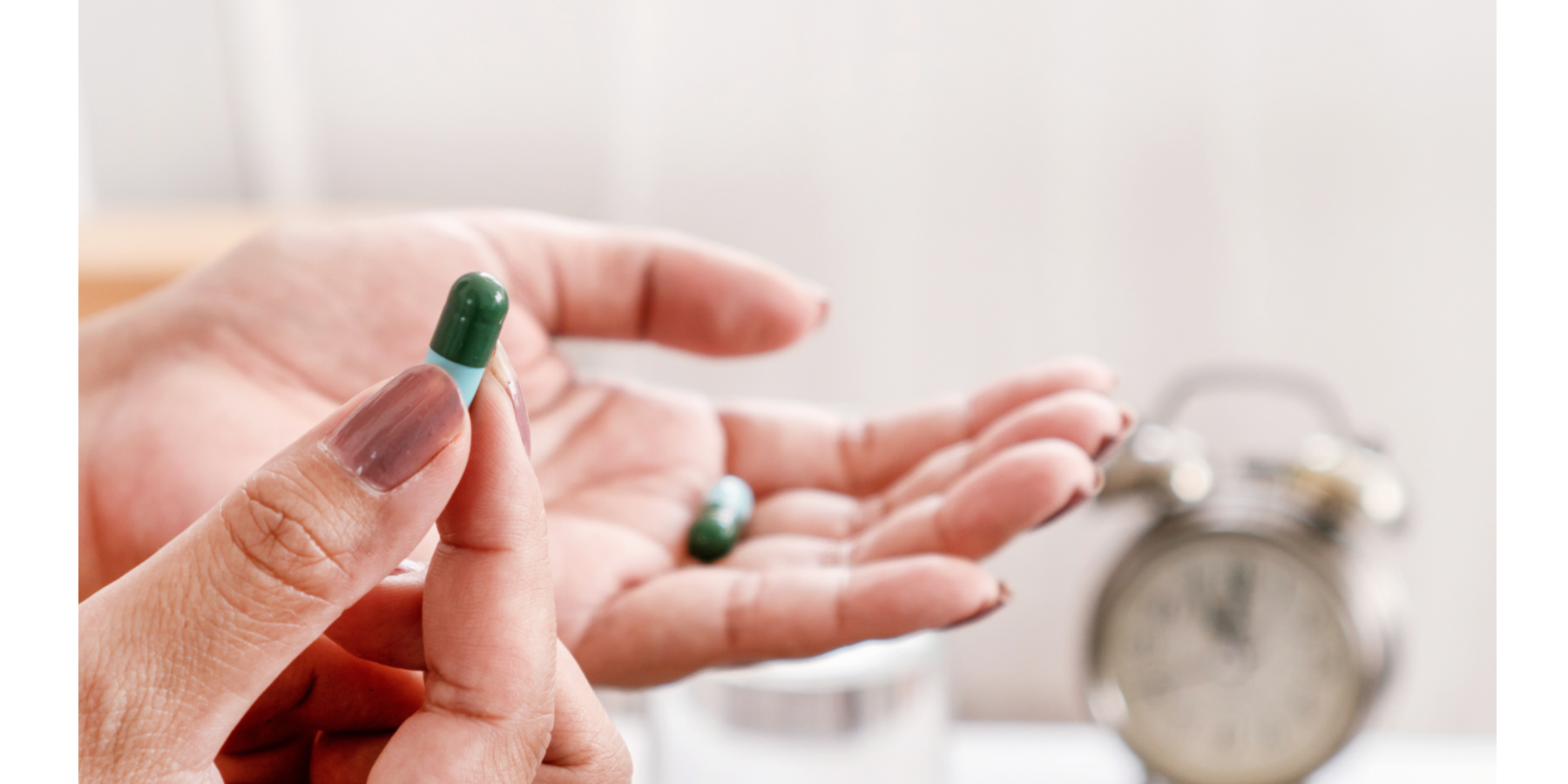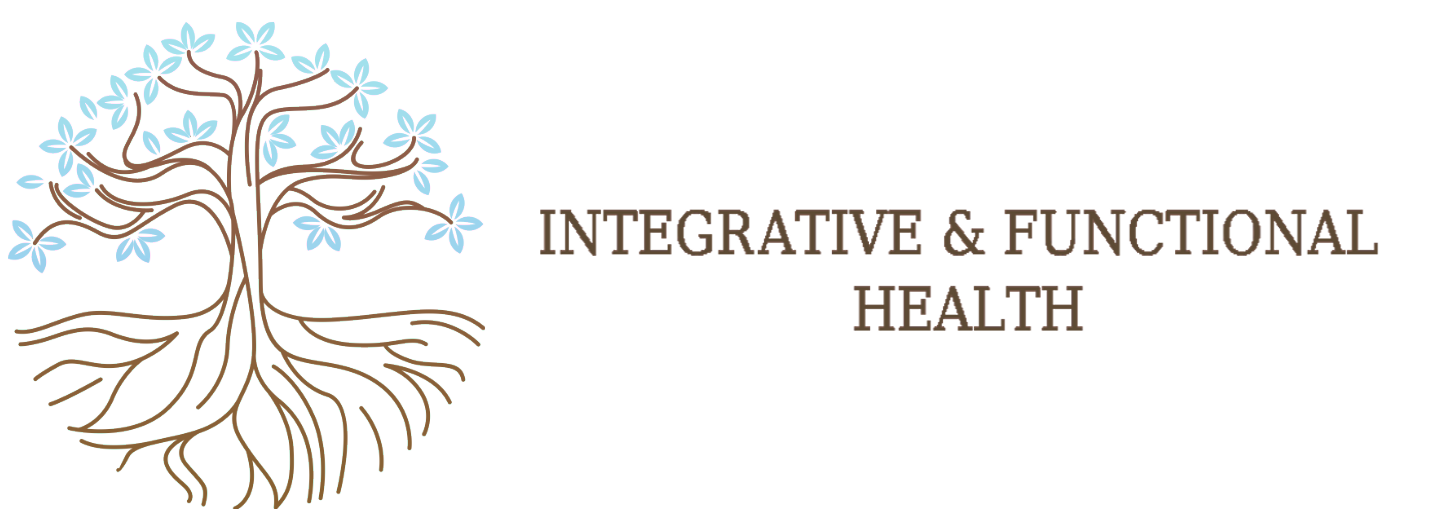Integrative Insights
Find the latest insights, strategies, and resources in the realm of functional wellness here.

Gut Healing After Taking Antibiotics
February 4, 2025 • 3 min read
Antibiotics are powerful medications used to fight bacterial infections. However, in addition to killing the bad bacteria that is making you sick, antibiotics also wipe out the healthy bacteria that keep your gut balanced. This can lead to some unpleasant digestive side effects during and after a course of antibiotics. Replenishing your microbiome and restoring optimal gut health takes time and consistency. Here are some effective tips for healing your gut after taking antibiotics:
Take Probiotics
Reintroducing probiotic rich foods and supplements help repopulate your intestines with beneficial bacteria. Focus on a multi-strain probiotic with at least 10 billion CFUs. Slowly ramp up dosage over 2 weeks. Consume probiotic yogurt, kefir, kimchi, kombucha, and fermented foods daily, if tolerable. This quickly recolonizes your gut with strains like Lactobacillus and Bifidobacterium.
Eat Prebiotic Fibers
Prebiotic fibers like inulin, arabinogalactan, and acacia provide the fuel source that probiotics need to thrive. They help stimulate the growth of healthy bacteria. Get prebiotics from onions, garlic, bananas, apples, greens, legumes, bran, oats, and nuts.
Limit Sugar and Processed Foods
Sugar and refined carbohydrates feed harmful bacteria and yeast overgrowths like Candida. Limit added sugar, baked goods, candy, chips, cereal, alcohol, and sodas or sweetened beverages to starve these microbes. Focus on getting prebiotic fiber from whole, anti-inflammatory foods instead. Try to stick with organic or non-GMO foods whenever possible.
Stay Hydrated
Drink adequate water, herbal tea, and mineral-rich bone broth to stay hydrated. Diarrhea is common after starting antibiotics, so proper daily fluid intake to prevent dehydration is important. Avoid or limit caffeinated beverages.
Take Digestive Enzymes
Antibiotics can inhibit enzymes needed for proper digestion. Supplementing with a digestive enzyme complex containing proteases, lipases, and amylases can improve breakdown of proteins, fats, and carbohydrates that are necessary for digestion. This prevents undigested food from causing gut irritation and inflammation and microbiome disruption.
Repair Your Gut Lining
Antibiotics damage the mucus barrier that lines and protects your GI tract. L-glutamine, zinc, vitamin A, omega-3s, and collagen supplements help repair and reinforce this critical intestinal barrier. Bone broth is very soothing.
Manage Side Effects
Probiotics, fiber, enzymes, bone broth, and antioxidants help alleviate antibiotic-related side effects like diarrhea, abdominal pain, bloating, and nausea. Drink ginger or peppermint tea to ease symptoms. Get enough rest between doses.
Avoid Unnecessary Antibiotics
Only take antibiotics when truly needed for bacterial infections. For colds, flus, sore throats, and other viral infections, antibiotics have no effect. Using them excessively destroys your gut microbiome.
Let Your Microbiome Recover
It takes some time after finishing antibiotics for your gut flora levels to fully rebound and achieve equilibrium. Be patient and consistently support your gut with probiotics, prebiotics, and a healing diet for 2-8 weeks. Get retested to confirm your gut bacteria levels normalized.
Making gut-healing nutrition a priority after taking antibiotics helps get your digestive health back on track. Proactively replenishing the good bacteria prevents antibiotic-related complications like yeast infections, diarrhea, and small intestinal bacterial overgrowth (SIBO). With consistency, you can minimize antibiotic damage, rebalance your gut microbiome, and continue thriving.
If you need guidance creating a personalized gut healing plan after antibiotics, I offer individualized functional health programs focused on repairing and strengthening your digestive system using natural solutions. Book a FREE 20-minute discovery call with me so we can explore solutions tailored for your unique needs. I look forward to speaking with you soon!

Bonnie Ridge, BC-HHP, BC-FHC, INHC
Functional Health Practitioner
